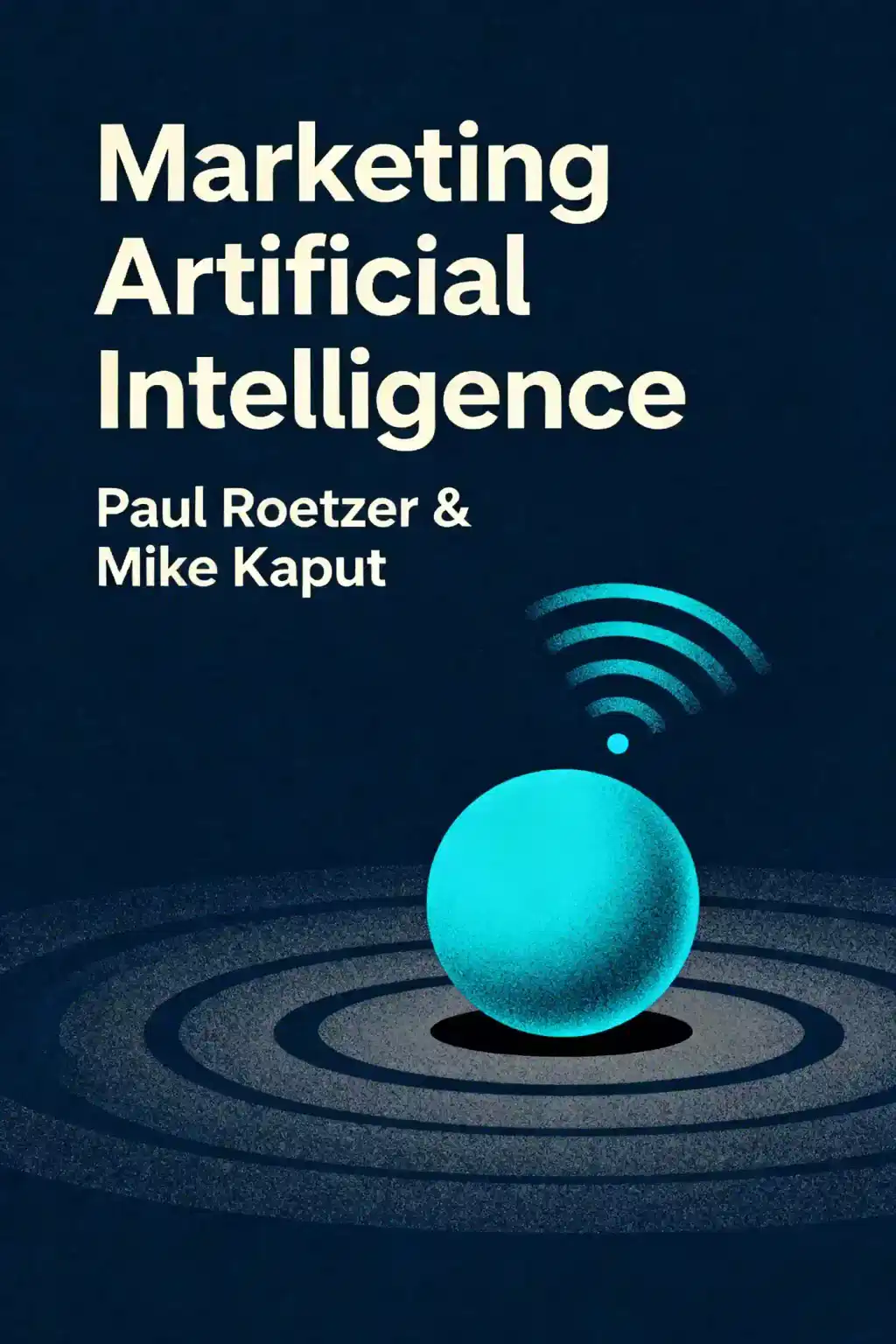
The End of Marketing by Carlos Gil Summary
Overview of The End of Marketing
In "The End of Marketing," award-winning strategist Carlos Gil reveals why Kim Kardashian outperforms corporations. After turning 100,000 social connections into a career at LinkedIn post-2008 layoff, Gil's counterintuitive approach asks: Can authenticity trump algorithms in the AI age?
Similar books to The End of Marketing
Feel the book through the author's voice
Turn knowledge into engaging, example-rich insights
Capture key ideas in a flash for fast learning
Enjoy the book in a fun and engaging way
Quick Summary Mode - Read or listen to The End of Marketing Summary in 9 Minutes
Break down key ideas from The End of Marketing into bite-sized takeaways to understand how innovative teams create, collaborate, and grow.
Flash Card Mode - Top 10 Insights from The End of Marketing in a Nutshell
Distill The End of Marketing into rapid-fire memory cues that highlight key principles of candor, teamwork, and creative resilience.

Fun Mode - The End of Marketing Lessons Told Through 24-Min Stories
Experience The End of Marketing through vivid storytelling that turns innovation lessons into moments you'll remember and apply.
Personalize Mode - Read or listen to The End of Marketing Summary in 0 Minutes
Ask anything, pick the voice, and co-create insights that truly resonate with you.

From Columbia University alumni built in San Francisco
"Instead of endless scrolling, I just hit play on BeFreed. It saves me so much time."
"I never knew where to start with nonfiction—BeFreed’s book lists turned into podcasts gave me a clear path."
"Perfect balance between learning and entertainment. Finished ‘Thinking, Fast and Slow’ on my commute this week."
"Crazy how much I learned while walking the dog. BeFreed = small habits → big gains."
"Reading used to feel like a chore. Now it’s just part of my lifestyle."
"Feels effortless compared to reading. I’ve finished 6 books this month already."
"BeFreed turned my guilty doomscrolling into something that feels productive and inspiring."
"BeFreed turned my commute into learning time. 20-min podcasts are perfect for finishing books I never had time for."
"BeFreed replaced my podcast queue. Imagine Spotify for books — that’s it. 🙌"
"It is great for me to learn something from the book without reading it."
"The themed book list podcasts help me connect ideas across authors—like a guided audio journey."
"Makes me feel smarter every time before going to work"
From Columbia University alumni built in San Francisco

Get the The End of Marketing summary as a free PDF or EPUB. Print it or read offline anytime.

















